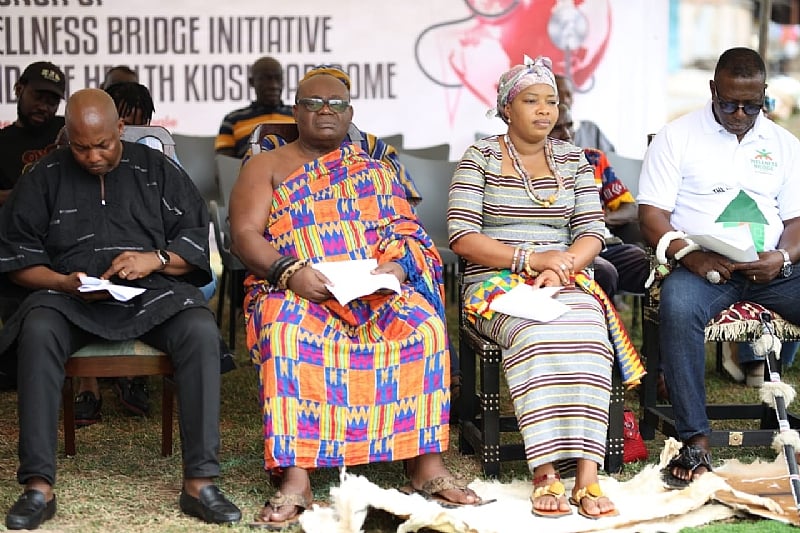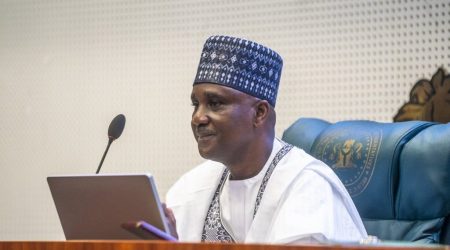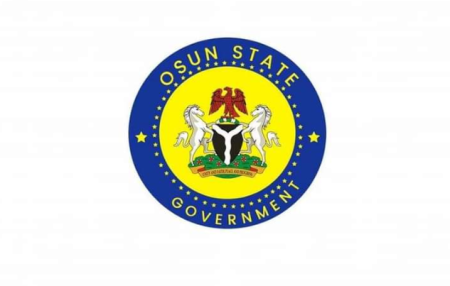The Wellness Bridge Initiative (WBI) has launched an innovative community-based health project, the “Health Kiosk” initiative, in Adidome, Ghana, aimed at combating the growing prevalence of noncommunicable diseases (NCDs), particularly hypertension and diabetes. This initiative underscores WBI’s commitment to empowering individuals with knowledge of their health status, enabling them to make informed decisions for a healthier and longer life. The project is envisioned to expand beyond Adidome, initially covering all five sub-districts of the Central Tongu Health Directorate, with the ultimate goal of a nationwide rollout across Ghana. This strategic expansion aims to address the silent yet deadly impact of NCDs, which often go undiagnosed and contribute significantly to hospital admissions and deaths nationwide.
The Health Kiosk project is strategically designed to provide accessible preventive health solutions at the community level. Recognizing the critical need for early detection and intervention, the kiosks will offer free screenings for blood pressure, blood sugar, and body mass index (BMI). This proactive approach aims to identify individuals at risk and facilitate timely referrals to the Adidome District Hospital for comprehensive diagnosis and treatment. This tripartite arrangement involving WBI, the District Health Directorate, and the Adidome District Hospital ensures a collaborative and coordinated approach to community health management. The Health Kiosk serves as the crucial first point of contact, connecting community members with the necessary healthcare resources and expertise within the existing healthcare infrastructure.
Togbe Kwasinyi Kakaklolo Agyeman V, Executive Director of WBI and Chief of Adidome, hailed the project as a “candle of hope” for the community. He highlighted the alarming increase in hypertension and diabetes-related deaths and disabilities, particularly among younger populations, emphasizing the urgency of tackling these preventable health challenges. He appealed for broader support from international donors, government agencies, corporate institutions, and philanthropists to facilitate the expansion of the Health Kiosk initiative across Ghana, aligning with the UN Sustainable Development Goal 3 (SDG3) focused on good health and well-being.
The Health Kiosk initiative operates on WBI’s four strategic pillars, collectively known as ACNE: Awareness, Checking, Nutrition, and Exercise. The Awareness pillar focuses on community health education campaigns to raise awareness about NCDs and their prevention. The Checking pillar provides free health screenings and referrals for at-risk individuals. The Nutrition pillar promotes healthy dietary choices using locally sourced foods, emphasizing the importance of nutrition through the “We are what we Eat” campaign. Lastly, the Exercise pillar encourages community fitness programs across all age groups, with a special focus on individuals aged 50 and above through the “Age is a Number” campaign.
The launch event was attended by several dignitaries, including Dr. Elikplim Kwabla Apetorgbor, Commissioner and Volta Representative to the National Development Planning Commission (NDPC), who chaired the event. Other attendees included Hon. Adison Dodzie Mornyuie, District Chief Executive (DCE) of Central Tongu; Mr. Baba Awuni, District Director of Health Services; the Queenmother of Adidome, Mama Drapey; Chiefs and Queenmothers; members of the media; and community leaders and members. Dr. Apetorgbor praised the project as innovative, highlighting its potential for widespread impact in addressing critical health challenges.
The Health Kiosk project is a collaborative effort, with the District Health Directorate providing training and supervision to kiosk attendants. This partnership ensures that the screenings are conducted effectively and that individuals identified as at-risk receive appropriate follow-up care. The project relies on support from the Mafi Adidome Development Advisory Board (MADAB) and individual donors for the initial kiosk establishment, with further funding sought to expand the initiative’s reach and impact. The WBI’s vision is to create a sustainable and scalable model that can be replicated across Ghana and beyond, empowering communities to take control of their health and well-being. The Health Kiosk initiative represents a tangible step towards achieving this vision, offering a practical and accessible solution to address the growing burden of NCDs and promote healthier communities.














